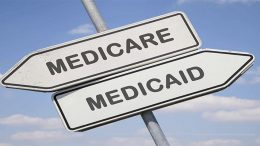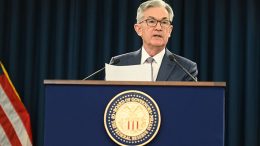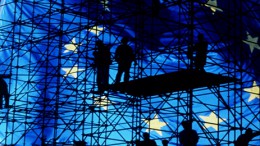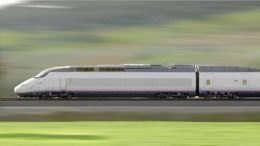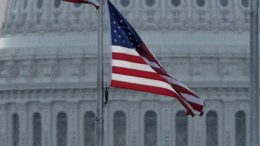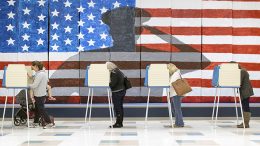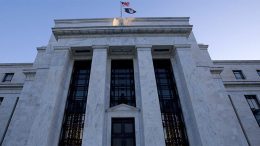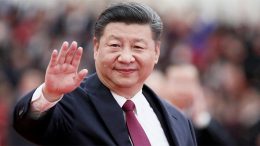The (possibly lost) Coronavirus Opportunity
Pablo Pardo (Washington) | Now, Covid-19 could be a great opportunity for the United States and, also, for the world economy. With interest rates nearing zero, this could be a good opportunity to use fiscal policy to revive the economy… Also, at least in the United States, this could be an opportunity to undertake a reform of which absolutely nobody talks, but which makes this country have, by far, the most expensive, dysfunctional and inefficient social protection system in the industrialized world. Take health care, for example:

